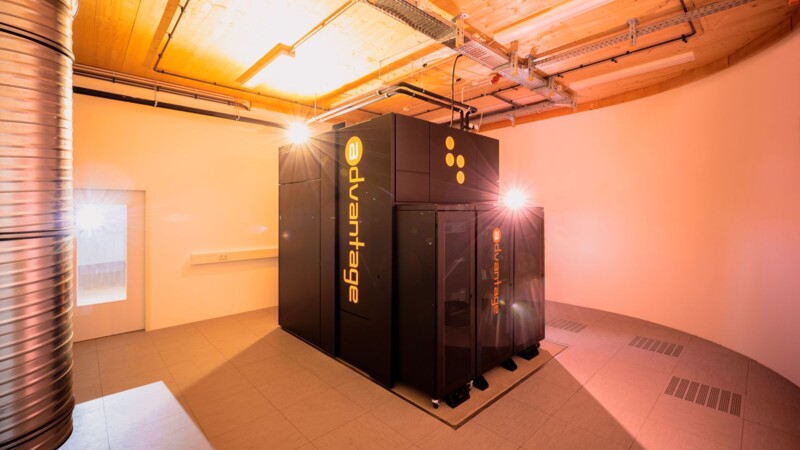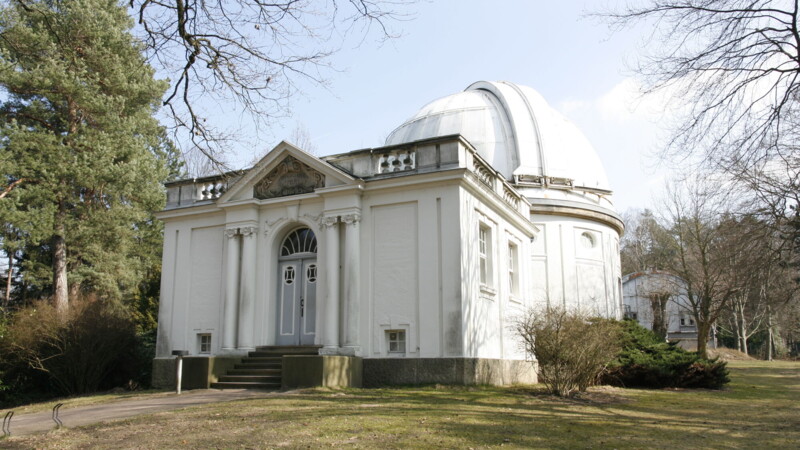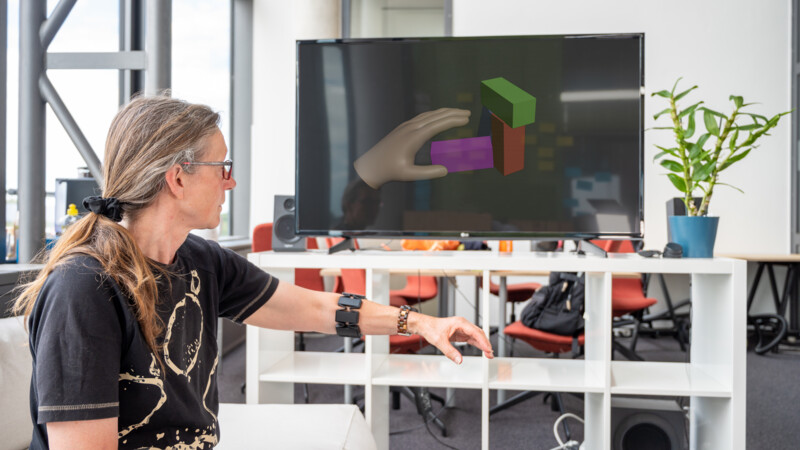The agreement foresees laboratories, offices and meeting rooms on 6,200 square metres of space near the present HARBOR and CHYN physics buildings. Initial designs for HAFUN are to be presented by late 2023. Katharina Fegebank, Senator for Science, Research and Equality, termed the plans a "milestone" on Hamburg's course to becoming an international centre knowledge and innovation. "HAFUN will create a unique infrastructure to expand the excellent research and teaching of physics at the University of Hamburg, and provide top framework conditions for our Cluster of Excellence Quantum Universe." Hauke Heekeren, President of the University of Hamburg, pointed out: "The planned experimental research in the fields of Higgs physics, dark matter, gravitational waves and quantum theories will require highly specialized laboratories such as those envisioned in HAFUN."
Scientists in the Cluster of Excellence Quantum Universe at the University of Hamburg will soon undertake research into dark matter in the new “Hamburg Fundamental Interactions Laboratory" (HAFUN) in Science City in Bahrenfeld. This comes after the Ministry for Science and Research signed a letter of intent in June with the Sprinkenhof GmbH property company to build the new laboratory, a press release said Wednesday (June 22, 2022).
HAFUN to become seat of experimental physics
STEM subjects in Science City
Science City Bahrenfeld is among megaprojects underway in Hamburg over the next two decades. A new suburb is to be built in Bahrenfeld, combining living, research, working and recreation for over 4,000 researchers and 3,000 students. The University of Hamburg intends to relocate the spatial focus of its natural science subjects to Science City and gradually add more natural science facilities there.
tn/sb/pb
Sources and further information
More
Similar articles

Hamburg's City Science Lab sets digital impulses for urban development

Power of quantum computing huge thanks to simultaneous processing

